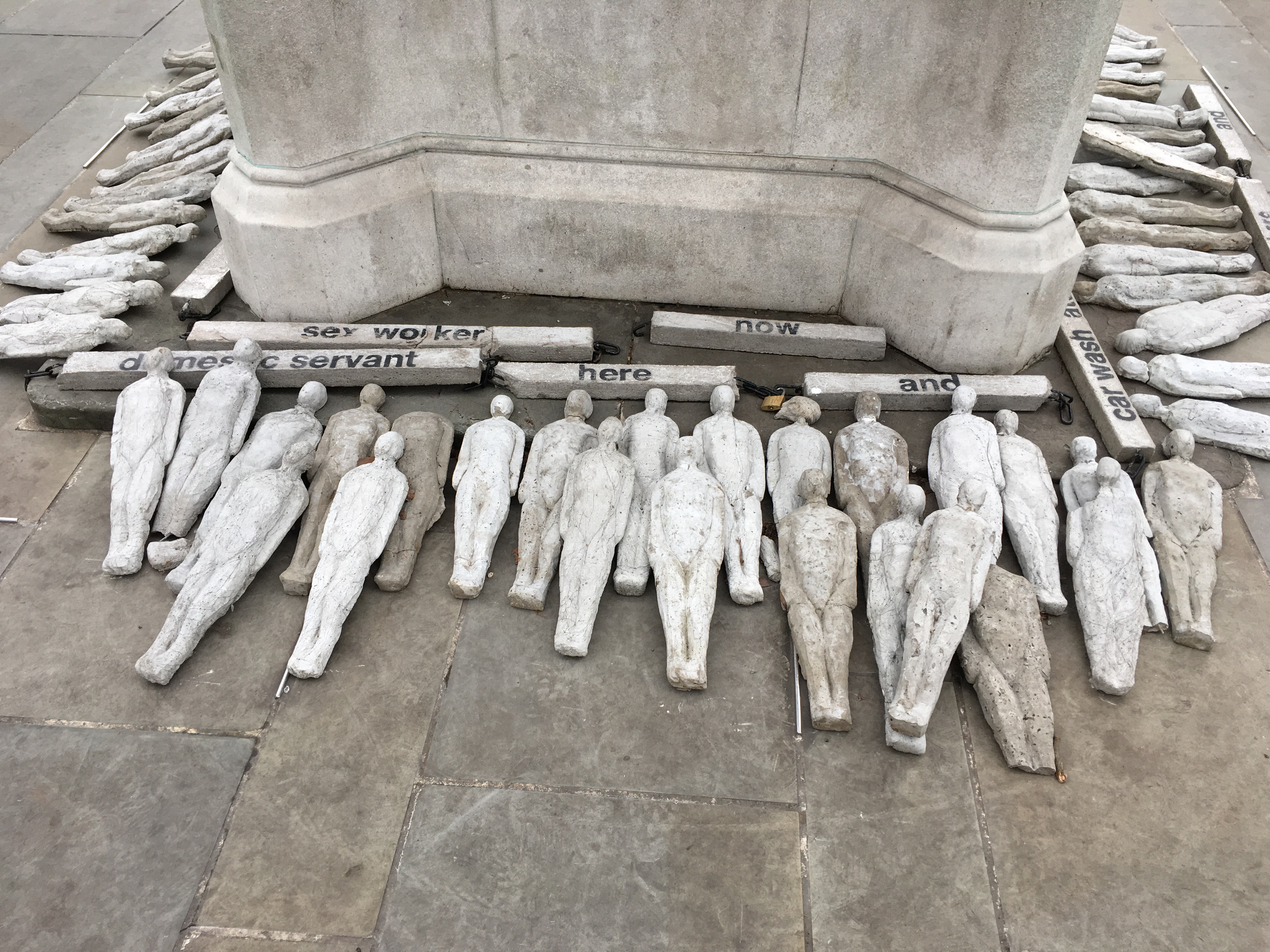
10 Oct Victim of trafficking challenges Home Office policy that creates barriers to effective identification
On Friday 11th October 2019, The High Court (sitting in Bristol) will hear a challenge to the lawfulness of the Defendant’s policy on human trafficking and modern slavery, the Victims of Modern Slavery: Competent Authority Guidance, specifically in relation to the process for reconsidering negative trafficking decisions in the NRM (National Referral Mechanism).
Deighton Pierce Glynn is acting for the Claimant, who is (now) a recognised victim of modern slavery/human is trafficking. Initially, the Home Office Competent Authority (the body responsible for making decisions on an individual trafficking status) rejected her trafficking claim. She obtained new evidence that was highly material to her claim to have been the victim of sexual exploitation and human trafficking and provided that to the Home Office. However, the Home Office refused to even look at the evidence she produced or the representations made in support of her request for reconsideration, citing their policy in force at the time that only a First Responder or NRM support provider can make the request. The Claimant challenged this policy and in the course of proceedings, the Defendant agreed to reconsider the Claimant’s case. The Claimant subsequently received a positive decision.
Whilst proceedings were ongoing, and without notice to the Claimant, the Defendant Home Office published an even more restrictive policy which stated that only the specific First Responder or NRM support provider involved in the case could request a reconsideration. This policy change was not subject to any policy announcement and was not accompanied by any explanation.
The effect of the original and the amended policy under challenge is to create barriers for individuals in being identified under the NRM system and prevent victims from having access to an effective remedy against the backdrop of a broad duty on the Defendant as the Single Competent Authority to identify victims correctly. We have filed a significant amount of evidence from support providers to support the contention that this policy as it operates is unduly restrictive, unworkable, can undermine the relationship between victims an those who support then, and is sometimes plain impossible. Being unable to access an effective process of reconsideration for a negative decision also has a significant impact on victims’ ability to access protection from the state on account of their past trafficking experiences.
The Government has sought to adjourn these proceedings on the basis that it is due to publish statutory guidance. The Government has however refused to disclose documents about what the reconsideration policy will look like under the statutory guidance. There are publicly known concerns from stakeholders that the statutory guidance will not alter the barriers posed by the current reconsideration policy. We are therefore seeking a finding from the Court that the barriers to accessing reconsideration posed by the current policy are unlawful, in breach of the UK’s trafficking obligations, and are unfair because the policy denies vulnerable victims of trafficking the right to access an effective remedy.
The Claimant is represented by Frances Lipman of Deighton Pierce Glynn and Shu Shin Luh of Garden Court Chambers.
